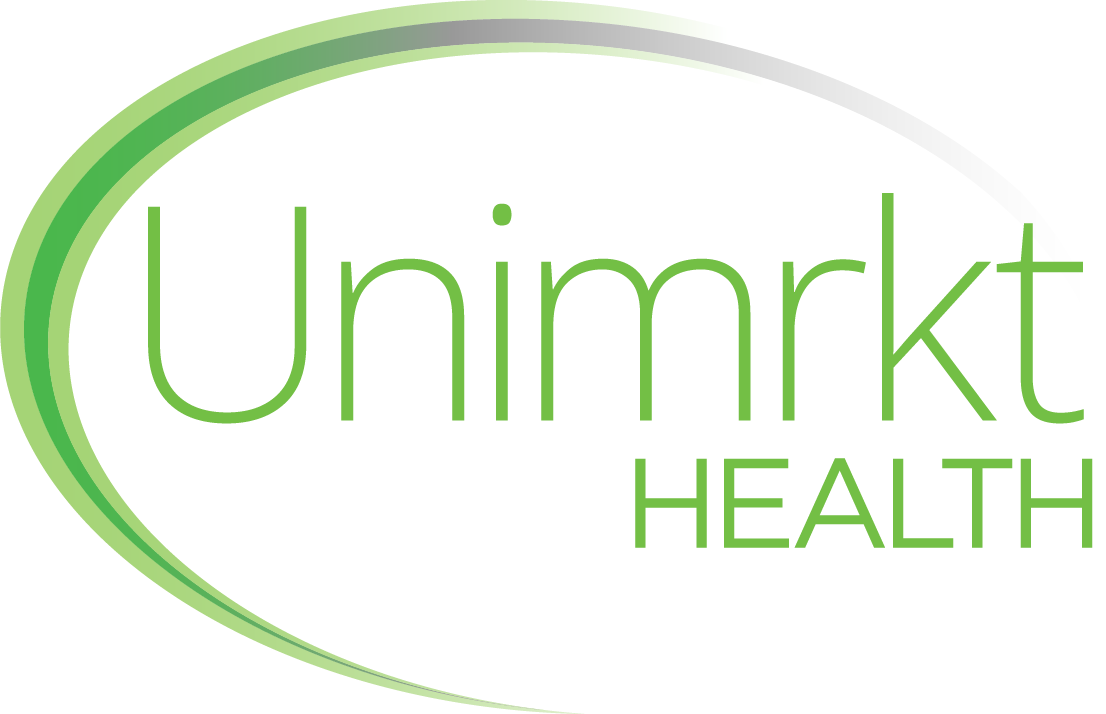Why Healthcare Companies Should Invest in Patient Engagement Technology
- Unimrkt Healthcare » Blog » Why Healthcare Companies Should Invest in Patient Engagement Technology
Support for improved patient engagement is one of the fastest-growing subsectors of healthcare technology. According to a 2019 healthcare survey programming report, 81% of hospital and healthcare leaders said that their organizations’ top objective is to improve the patient experience. The effectiveness of technology systems highly depends on their quality and design. As an increased number of healthcare organizations leverage survey programming services for open-end coding market research, they are recognizing the importance of investing in patient engagement technology. In this article, we will discuss why healthcare companies must invest in patient engagement technology.
What is patient engagement technology?
Patient engagement technology enables and motivates patients to take a more active role in managing their health. Patients who are actively involved in their care can improve their health literacy and gain the confidence to participate in the formulation of their care plan. Healthcare teams can develop a collection of on-demand health self-management, communication, and education services by incorporating technology into their service. Patient engagement technology comes in many forms, from wearables and telemedicine to customer relationship management (CRM) software. Irrespective of the form, any full-proof patient engagement technology should be able to:
- Encourage patients and their family members to participate in their own care
- Result in improved health outcomes
- Reduce health system expenses
For different providers, these objectives may mean different things. However, improving patient experiences is often considered the main objective behind incorporating such technology in patient care.
Benefits of patient engagement
Patient engagement technology can be extremely helpful in terms of acquiring useful patient health data, enhancing the patient experience, and lowering costs for both patients and healthcare providers. It offers a way to transform healthcare systems into patient-centered services. According to the World Health Organization (WHO), patients who are actively involved in their care can make better decisions about their healthcare plans. If clinical resources are coordinated with patient priorities, they can be used more efficiently. Additionally, patient engagement technology can help patients and doctors develop a reciprocal sense of responsibility and understanding. Recommendations for incorporating patient engagement technology include, but are not limited to, opening up new channels of communication, giving patients access to their medical records, and setting up systems for collecting patient feedback. While many organizations invest in healthcare survey programming, it is also crucial for them to invest in patient engagement technology. Just like survey data processing, survey programming, and patient surveys can reveal a lot of valuable data, incorporating patient engagement technology in your operations can also generate tons of insights, which will eventually help improve your care offerings.
The 3 Ps of patient engagement technology
Patients today demand integrated technological solutions that not only safeguard their private health information, but also organize it so that healthcare providers may create individualized treatment programs that improve healthcare outcomes. This is where the 3 Ps of patient engagement technology come into focus.
1. Preventive care
The emphasis now is on improving health outcomes rather than the number of medical operations completed. To do this, patient engagement technology aids in the provision of preventive healthcare. For instance, telehealth has made it easier for people to get care from remote locations. It can link patients with healthcare professionals in places where there aren’t enough doctors or specialists. Additionally, it enables clinicians to educate patients when they need the info the most, arming them with ample knowledge to make wise decisions. Preventive care can also help patients save money by avoiding more invasive operations when serious disorders or illnesses are detected early.
2. Personalized care
The patient journey can now be more widely viewed by providers, thanks to patient engagement technology platforms. With automated check-ins and specialized, condition-specific interventions, care teams can lead patients through their care plans. Unified solutions are now available that enable the centralization of patient data. These solutions also include a number of other features to guarantee care plan adherence. Patients can receive information about upcoming appointments as well as reminders about the requirements of their treatment plans. On the provider end, clinicians have access to additional information about a patient’s activity, particularly if the latter uses wearable technology. With so much information available at hand, care providers can better customize care plans for each patient.
3. Participatory care
Today’s patients want to be able to contact their care teams at any time and get answers to their concerns without leaving their homes. It is crucial to incorporate more touchpoints for patient communication. Thankfully, today’s patient engagement technology allows users to send emails, SMS, phone calls, instant messages, etc. all from a single platform. Some examples of such platforms are patient portals, telehealth, and artificial intelligence (AI) tools for focused data analytics. All of these solutions make it simple for patients to provide the health information their care teams require for clinical decision-making, assisting caregivers in making sense of it all and putting it to strategic use.
Also Read: Steps for Designing Effective Patient Surveys
Final Word
Never before have patients had higher expectations than they do today. Nowadays, you can find a mobile app to do practically any task. Although the healthcare industry is distinct, it has to contend with ever-shifting patient expectations. The notion is simple. If people can carry out banking transactions and book trips online using their phones, they can manage their health using the same device. As more people are shifting to a digital lifestyle, new opportunities are opening up. To identify these new market opportunities, healthcare survey programming plays a significant role. Online research is indispensable for the success of healthcare practitioners and companies that provide medical solutions. This is why you need a proven healthcare research company by your side. Unimrkt Healthcare has an experienced team of research professionals that are equipped with extensive knowledge and skills in designing and implementing the latest research methodology to meet your requirements. To learn more about our healthcare market research services, call +91 124 424 5210 or email sales@unimrkthealth.com. You may also fill out our contact form, and our representatives will get in touch with you at the earliest.
Recent Posts
- 10 Medical Online Survey Mistakes You Must Leave Behind in 2025
- How Qualitative Healthcare Research Can Accelerate Ethical AI Adoption
- Trust as a Growth Strategy: What Healthcare Leaders Can Learn From Business Market Analysis
- Mapping the Healthcare Value Chain: A Market Research Perspective
- Decoding Emotional Triggers in Treatment Choices: A Qualitative Approach
Archives
Quick Enquiry
Customer Service, We Make it Better
Related Posts:
Let's Connect
Please, fill in the form to get in touch!



